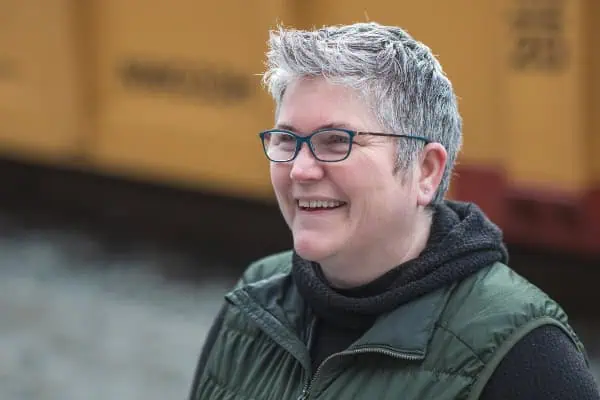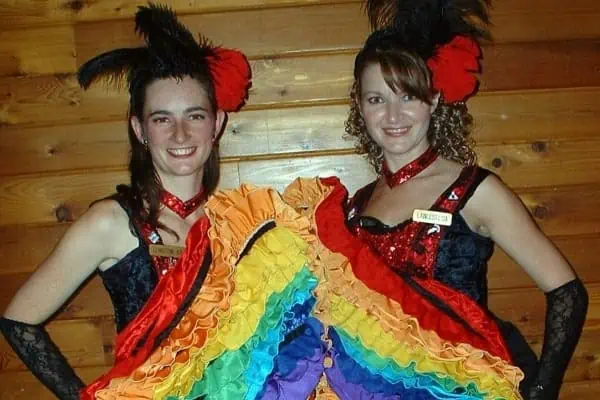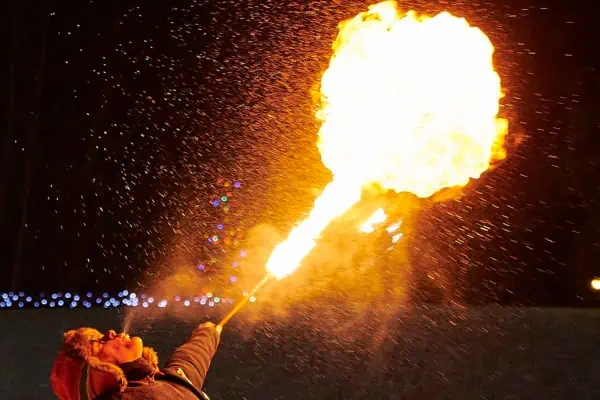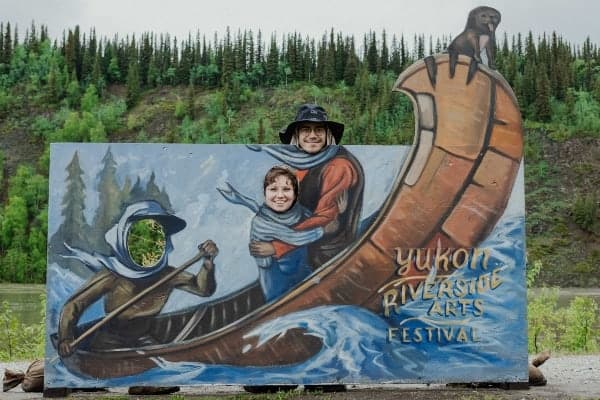The ennui of being a 20-something in Oslo. The devastating impacts of a dam built in B.C. a half century ago. The world premiere of a documentary about a Yukon “communications pirate” in pursuit of a CRTC license. These are a few of the films demonstrating the diverse offerings at the 2022 Available Light Film Festival (ALFF) happening online, and maybe a bit in-person, from Feb. 11 to 28.
The programming team for ALFF this year includes Andrew Connors, Yukon Film Society artistic director, Kinga Binkowska, programmer, and Siku Allooloo, associate programmer. I spoke with Connors and Binkowska and asked them what they considered to be the “must-see” films of the festival.
“Obviously we’re excited about all the films,” Binkowska says. “Every film is unique and everyone will find something different and will learn a lot.”
Still, Binkowska and Connors did highlight a few favourites that festival-goers won’t want to miss, beginning with a few exceptional international dramas:
The Worst Person in the World is a Norwegian film directed by Joachim Trier that is winning awards at many of the big festivals. Cast member Renate Reinsve won Best Actress at Cannes.
“It’s a really entertaining film,” Binkowska says, “I would say it’s a romantic comedy for people who don’t like romantic comedies.”
Brighton 4th is a Georgian drama that follows a father on his journey from Georgia to Brooklyn to get his son out of a gambling debt. “It’s a really great, complex film,” Binkowska says.
There are also many independent Canadian narrative films featuring unique stories and complex characters.
Scarborough is a story about the struggles of three children from different communities who meet in daycare. Directed by Rich Williamson and Shasha Nakhai, who is Filipino Canadian, the film had a mostly BIPOC cast and crew.
“It’s really deep and touching and a really impressive first-time feature from two diverse filmmakers.” Binkowska says. “It’s really remarkable, the way they made it. It’s beautiful, a really important story.”
Wildhood, the festival opener, is a queer coming-of-age story. The film is written and directed by Two-Spirit L’nu filmmaker, Bretten Hannam.
“It’s really beautifully made,” Connors says. “It’s a journey film, a journey on foot. It’s a stunning, stunning debut.”
Every year, ALFF features thought-provoking, eye-opening environmental documentaries. Connors highlights two related films by Indigenous filmmakers in B.C.
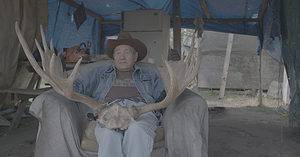
DƏNE YI’INJETL | The Scattering of Man reveals the devastating environmental, social and cultural impacts of the WAC Bennett Dam, which was built on the Peace River in 1968. It was built on the traditional territory of the Tsay Keh Dene First Nation. The story is told from the perspective of the community. Luke Gleeson, the filmmaker, is a member of the First Nation.
Wochiigii lo: End of the Peace comes to audiences from Heather Hatch, Haida filmmaker. It returns to the same river and the mega-project known as Site C Dam, which is currently underway. Hatch follows the efforts of members of the West Moberly First Nation as they battle with the B.C. government against the dam’s construction.
ALFF is also a champion of northern film, including homegrown Yukon fare.
Jessica Hall’s Rob is Analog, chronicles Rob Hopkin’s “quixotic quest to attain a CRTC license for an over-the-air community tv license.” It will have its world premiere at the festival.
Kelly Milner’s documentary Not About Me tells of Morgan Weinberg’s work with Haitian orphans and her journey “to become a more meaningful partner to Haitians working to build a better future.”
Written and directed by Andrew Gregg, Skymaster Down chronicles the unsolved mystery of a US forces troop plane that disappeared in the Yukon in 1950 with 44 people on board. It follows the determined Yukoners who continue to search for the wreckage.
There are also numerous northern shorts, including the northern premiere of Arctic Song, “a stunning animation based on the graphic work of (and co-directed by) Germaine Arnattaujuq (Arnaktauyok), a Yellowknife-based Inuk artist.
The commitment to presenting northern and Indigenous films has created a following for ALFF beyond the Yukon. The unique programming is what distin
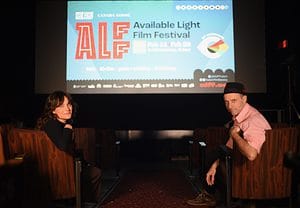
guishes ALFF from other film festivals, says Binkowska, who works for the Vancouver International Film Festival as well.
“I’ve been following ALFF’s program for a few years and I always love it because I kinda feel that sometimes, on the Canadian film circuit, there are films that repeat themselves and I always enjoy finding new films by filmmakers from the North.”
“Honestly, it’s very unique that ALFF puts a focus on Indigenous films and diverse films, which is really great.”
“That’s been our intention for the last half dozen years,” Connors says. “We really made that our focus. You know, I’ll credit Vivian Belik, co-programmer and producer for many years, for helping build that.”
While Connors admits that “it’s a bummer” that most of ALFF has been moved online, Binkowska says there’s a silver lining in that the festival will be more accessible to folks who don’t live in Whitehorse, whether they’re in other communities or across the country.
And if the pandemic situation changes, ALFF organizers might be pivoting to present some films in the theatre this year. Ultimately, ALFF could be a hybrid festival that can be enjoyed by audiences both inside and outside of Whitehorse.
“We’re looking for the day we can do films both on-screen and online,” says Binkowska.
Get all the info you need about ALFF schedule, tickets and more at https://alff2022.eventive.org/welcome.

